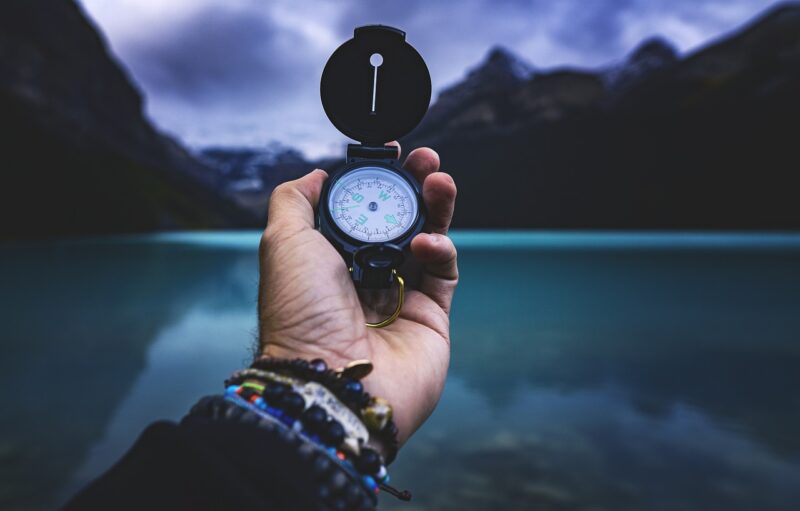Exploring the History of Great Explorers: Following the Footsteps of Pioneers
November 13, 2024

The echoes of the past resound through the chronicles of great explorers—figures whose quests for knowledge, adventure, and discovery have shaped our understanding of the world. From the ancient mariners who navigated uncharted waters to the modern adventurers traversing the wilds of untamed territories, these pioneers have paved the way for generations to come.
1. The Age of Exploration: A Prelude
The Age of Exploration, spanning roughly from the late 15th century to the 17th century, was characterized by European nations seeking new trade routes and territories. Driven by mercantilism, the desire for wealth, and a thirst for knowledge, explorers set out on daring voyages across oceans to unveil the mysteries of the world.
Key players in this era included:
– Christopher Columbus: Often credited with ‘discovering’ the Americas in 1492, Columbus’s voyages initiated the widespread European exploration and colonization of the Americas.
– Ferdinand Magellan: Leading the first expedition to circumnavigate the globe, Magellan’s journey demonstrated the vastness of the Earth and the interconnectedness of oceans.
– Vasco da Gama: This Portuguese explorer found a sea route to India, linking Europe and Asia through the ocean, thus changing the course of trade forever.
These explorers were not just adventurers; they were cartographers, bringing back maps and knowledge that would change how people viewed the world.
2. Landmark Explorations: Tales of Adventure
Throughout history, numerous explorers embarked on iconic journeys, leaving indelible marks on our cultural and geographical landscape. Here are a few notable expeditions:
– Leif Erikson (c. 1000): A Norse explorer said to have reached North America, specifically Newfoundland, centuries before Columbus. His story is intertwined with the Viking Age and reveals a complex world of exploration far preceding the European Renaissance.
– James Cook (1728-1779): An English explorer renowned for his voyages to the Pacific Ocean. He charted many regions, including New Zealand and the Hawaiian Islands, influencing our understanding of the Pacific region.
– Meriwether Lewis and William Clark (1804-1806): Commissioned by Thomas Jefferson, this significant expedition explored the newly acquired western territories of the United States, providing invaluable data about the continent’s geography, resources, and native peoples.
Every exploration yielded advancements in cartography, geography, and natural sciences, pushing the boundaries of human knowledge.
3. The Role of Technology in Exploration
Technological advancements have been pivotal to exploration. From the invention of the compass to the development of advanced naval ships, each breakthrough made journeys safer and more efficient.
– The Magnetic Compass: Introduced to European explorers from China, this invention revolutionized navigation, allowing sailors to plot courses with greater accuracy than ever before.
– Caravels and Clipper Ships: Innovations in ship design, such as the caravel, which was swift and nimble, enabled explorers to traverse the seas with agility.
– Modern Technology: Today, explorers leverage technology including GPS, satellite imagery, and drones. These tools have transformed how we explore and gather data, making it easier to study and understand previously unreachable locales.
4. The Impact of Exploration
The influence of exploration extends beyond geographical knowledge. The cultural exchanges resulting from these encounters have substantially shaped societies worldwide. While exploration has led to discoveries and innovations, it has also had dire consequences for indigenous populations—often resulting in colonization, displacement, and cultural erasure.
Exploration has also been a catalyst for globalization. Goods, ideas, and cultures mixed and meshed as connections were forged across continents. Spices, textiles, and precious metals flowed into Europe, altering economies and lifestyles.
We must therefore examine these impacts holistically. Today, ethical exploration and respect for indigenous cultures are paramount considerations in global expeditions.
5. Contemporary Explorers: Redefining Boundaries
In the grand tradition of exploration, contemporary explorers are pushing the edges of our collective understanding. While many have turned their attention to the oceans and space, groundbreaking work continues on terra firma with an emphasis on conservation and discovery.
– Wendy Bokhorst: The first woman to traverse the Arctic, she brings attention to climate change’s impact on polar regions, advocating for scientific understanding of melting ice and its global ramifications.
– James Cameron: The famed filmmaker and deep-sea explorer has made numerous submarine dives into the Mariana Trench, unveiling wonders of the ocean depths while raising awareness about ocean health.
These explorations play critical roles in advocating for environmental sustainability, leading both discoveries and crucial discourse around ocean conservation and climate change.
Conclusion: The Spirit of Exploration Lives On
The history of great explorers mirrors humanity’s quest for knowledge and adventure. Explorers have taught us that the world is vast, filled with wonders waiting to be unveiled. Their legacies encourage us to embrace curiosity and the spirit of inquiry. Whether you’re a seasoned adventurer or a weekend explorer, remember that every journey aids in understanding a little more about our world and ourselves.
Next time you follow the footsteps of those daring pioneers, let their stories inspire you to explore, learn, and contribute to the ongoing saga of global exploration. In this interconnected world, every journey is significant, and every explorer has a story worth telling.






